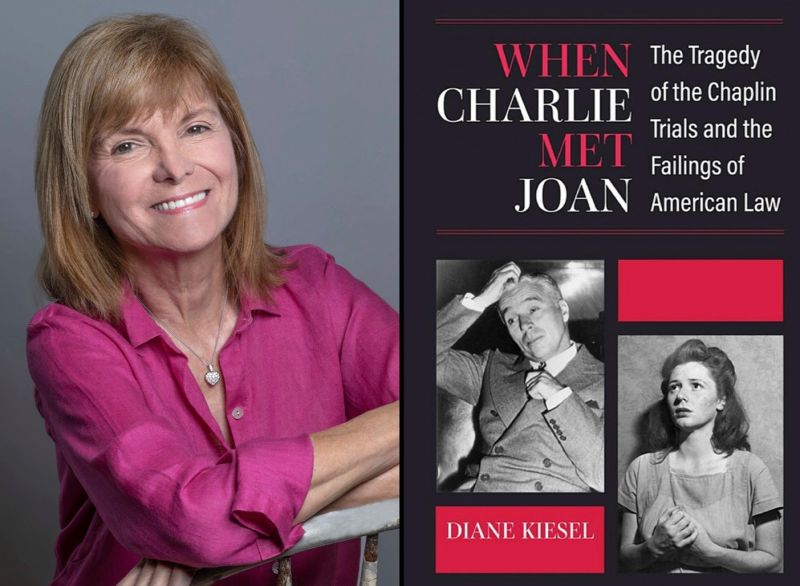Catholic Law's Professor Mary Graw Leary, a former federal prosecutor and renowned human trafficking scholar, was quoted in a New York Times article titled "Combs Sentencing Focuses Attention on Prostitution Law From 1910." The article examines the evolving use of the Mann Act, particularly after the passage of the Trafficking Victims Protection Act in 2000, which is now the cornerstone of U.S. sex trafficking law. Professor Leary highlighted the shift in legal context, stating, “To charge someone with the Mann Act today is not at all the same as having done so in the early 20th century. We live in a different world.” The article states that legal experts note that Mann Act charges are now often used alongside the more stringent sex trafficking laws, serving as a backstop in complex cases due to their relative ease of proof.
 The article also delves into the Mann Act’s role in other high-profile cases, including the 1944 trial of Charlie Chaplin. The legendary actor, under scrutiny by the F.B.I. for alleged communist sympathies, was accused of transporting an aspiring actress to New York for “immoral purposes.” Chaplin was ultimately acquitted, testifying that their time at the Waldorf Astoria involved nothing more than small talk, as detailed in a book chronicling the case. Judge Diane Kiesel, who's recent book When Charlie Met Joan: The Tragedy of the Chaplin Trials and the Failings of American Law was referenced in the article, will visit Catholic Law on October 7 to discuss her book.
The article also delves into the Mann Act’s role in other high-profile cases, including the 1944 trial of Charlie Chaplin. The legendary actor, under scrutiny by the F.B.I. for alleged communist sympathies, was accused of transporting an aspiring actress to New York for “immoral purposes.” Chaplin was ultimately acquitted, testifying that their time at the Waldorf Astoria involved nothing more than small talk, as detailed in a book chronicling the case. Judge Diane Kiesel, who's recent book When Charlie Met Joan: The Tragedy of the Chaplin Trials and the Failings of American Law was referenced in the article, will visit Catholic Law on October 7 to discuss her book.
